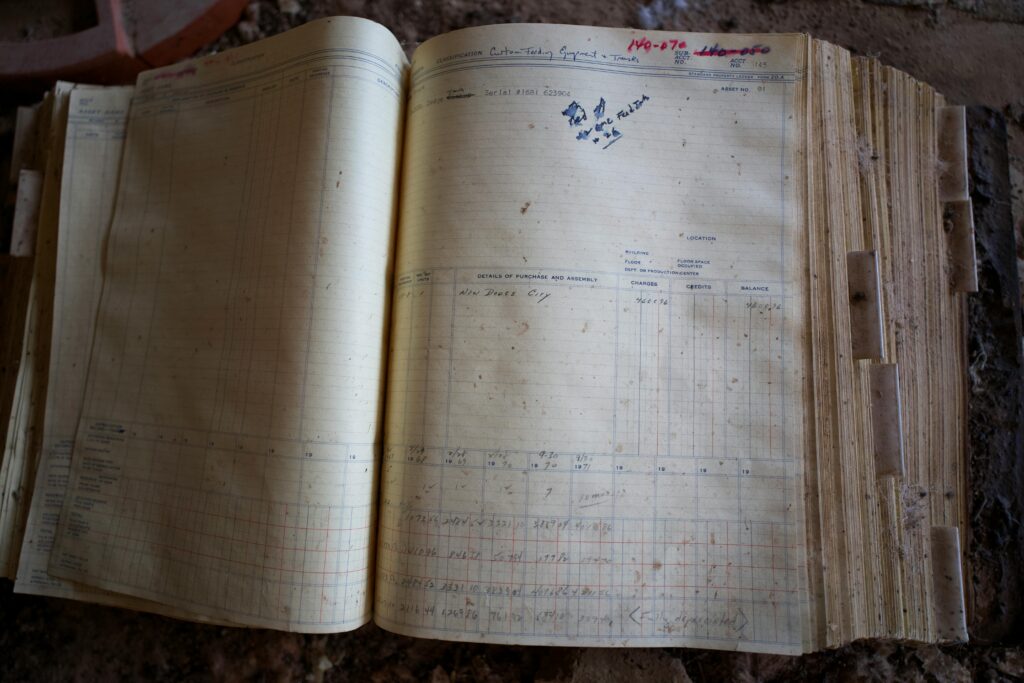
The Merchant’s World
Viktor was a man who seemed woven into the very fabric of Old Town. His stall stood out among the rows of merchants, a treasure trove of silks, rare gemstones, and exotic spices that drew customers from across Europe. With his neatly combed gray hair and sharp, knowing eyes, Viktor was both revered and envied. To many, he was simply a shrewd businessman. To Marek, he was a mentor—a man whose wisdom extended far beyond trade.
Marek had been under Viktor’s wing for just over a year. The boy was quick to learn but often impatient, his youthful energy colliding with the deliberate pace Viktor demanded. “A good merchant doesn’t just sell wares,” Viktor would say as they arranged the stall each morning. “He builds trust. He sees the person behind the coin.”
The Apprentice’s Trial

One crisp autumn evening, in 1825, during the Austrian Empire’s reign over Prague, as the sun dipped below the spires of Týn Church and cast a golden glow over the square, Viktor handed Marek a worn leather ledger. The cover was soft from years of handling, the pages filled with meticulous notes—a lifetime’s worth of trading routes, trusted contacts, and negotiation strategies. Marek’s eyes widened as he realized the significance of what he held.
“This,” Viktor said, his voice low and steady, “is not just a ledger. It is a map to independence. But maps are useless without direction.”

Viktor then posed a challenge. “Tomorrow, you will run the stall alone. Use the ledger, but more importantly, use your judgment. It’s time to see what kind of merchant you’ll become.”
The Test in the Market
The next morning, the square was alive with activity. Marek stood behind the stall, the ledger tucked under his arm, as customers began to approach. His first sale came easy enough—a local craftsman buying a bolt of fine silk. But as the day wore on, Marek encountered challenges: a noblewoman who questioned the quality of his wares, a traveling trader who tried to undercut his prices, and a child with a handful of coins, desperate for a trinket she couldn’t quite afford.
Each interaction tested Marek’s ability to balance fairness with profit. He referenced the ledger when needed but found himself relying more on Viktor’s lessons: to listen, to observe, and to think beyond the immediate transaction. By the end of the day, Marek had not only sold more than expected but also earned the trust of those who had lingered at the stall.
The Lesson Revealed
As the sun set and the market began to quiet, Viktor returned. He surveyed the stall, noting the day’s profits and the satisfied look on Marek’s face. “You did well,” Viktor said, but his tone suggested there was more to be discussed.

They walked together through the dimly lit streets of Old Town, the gas lamps casting long shadows. “Do you understand now?” Viktor asked. Marek nodded, his voice steady. “It’s not just about the ledger or the goods. It’s about the people. Each sale is a relationship, a moment of trust.”
Viktor smiled, placing a hand on Marek’s shoulder. “Exactly. Wealth fades, but the trust you build will sustain you. That’s the true currency of a merchant.”
The Legacy of Old Town
Years later, Marek would stand in Viktor’s place, his own apprentice by his side, the same ledger in his hands. He would look out over the same bustling market square, now older and wiser, and pass on the same lesson Viktor had taught him. The streets of Old Town Prague, with their winding alleys and echoes of history, would continue to witness the cycle of wisdom, trust, and legacy that defined its merchants.
Read this story while sipping a cup of Prague Twilight Tea


